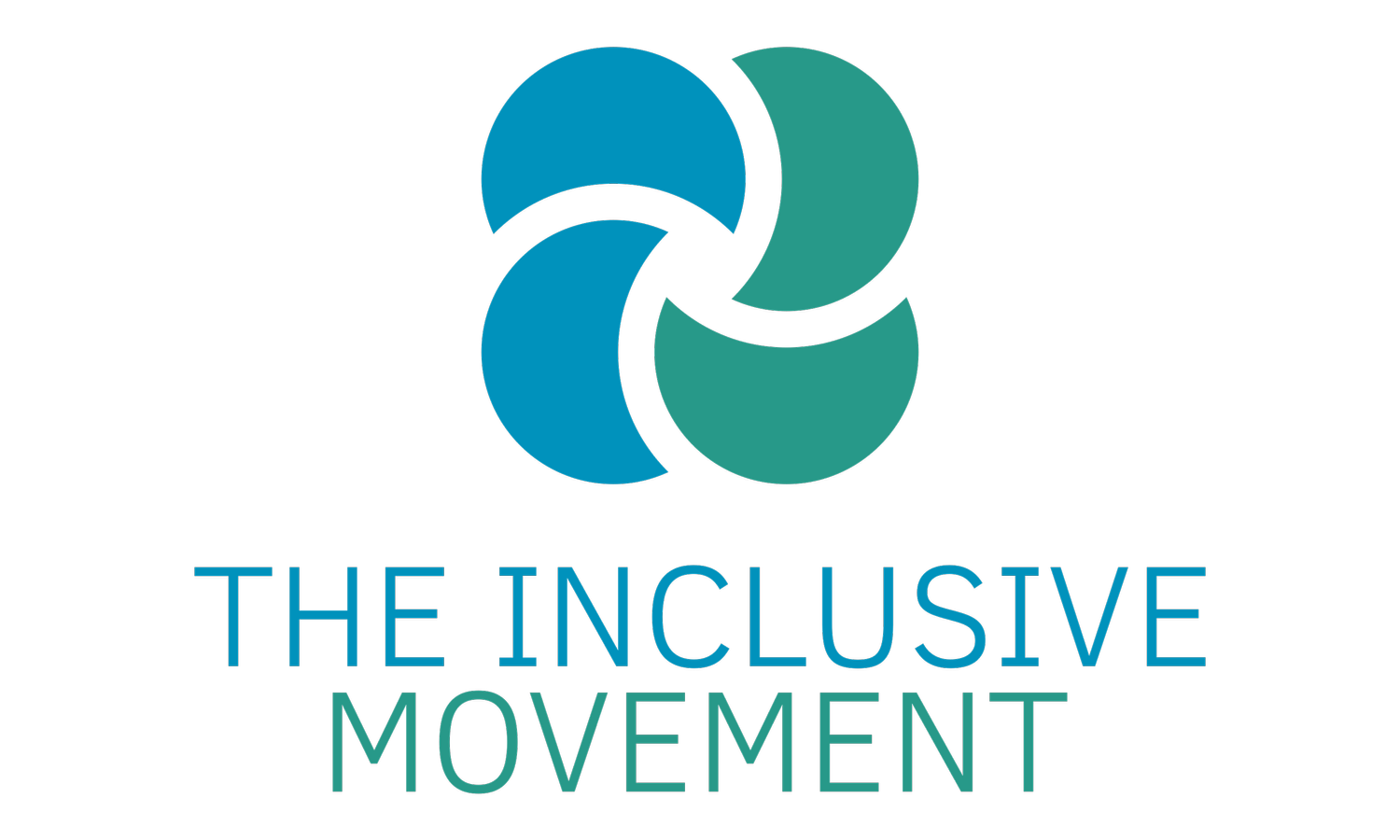Getting the Right Reports for Your NDIS Application
Understanding Functional Assessments and Quality Evidence
Applying to the National Disability Insurance Scheme (NDIS) can be overwhelming—especially when it comes to gathering the right reports. Many families and individuals tell us that knowing what’s actually needed can feel confusing and stressful. So let’s break it down in a clear and supportive way.
Whether you're applying for the first time or gathering updated evidence for a plan review, having the right documentation is key.
What is a Functional Capacity Assessment?
A functional capacity assessment or FCA is a report that describes how a person’s disability impacts their everyday life. Rather than focusing only on diagnosis, these assessments explain how someone functions across key areas such as:
Communication
Self-care and daily living (e.g., dressing, eating, hygiene)
Social interaction and relationships
Learning and decision-making
Mobility and accessing the community
Emotional regulation and behaviour
NDIS decisions are based on functional impact—not just the diagnosis itself. That’s why these assessments are so important, and why the NDIS will often request these either in your very first NDIS plan or when your needs change.
Who Can Write Functional Assessments?
Functional assessments can be written by qualified allied health professionals who are experienced in disability and understand how to link their findings to NDIS criteria. Some examples include:
Developmental Educators
Occupational Therapists
Speech Pathologists
Psychologists
Physiotherapists
Behaviour Support Practitioners
Social Workers (with relevant disability experience)
These professionals usually use a mix of standardised assessments, observations, and discussions with the individual and their support network to develop a whole-person picture.
What Does “Good Evidence” Look Like?
Not all reports are created equal. For the NDIS, quality matters more than quantity. A good report will:
✅ Clearly outline how the person’s disability impacts their functional capacity
✅ Include real-life examples (e.g., “Jack requires prompts and assistance to shower daily”)
✅ Refer to standardised assessments (like the Vineland-3, PEDI-CAT, or Sensory Profile)
✅ Recommend reasonable and necessary supports aligned with NDIS guidelines
✅ Be recent (within the last 12 months, ideally)
If you’re not sure whether a report is detailed enough, ask: Does this report help the reader understand what support this person needs, and why?
Additional Tips for Families and Individuals
Here are some extra things that can help strengthen your application or review:
Support Letters: From your GP, school, therapists, or support workers outlining what supports are needed and why.
Personal Impact Statements: These can be short but powerful letters written by the person or their carer, describing the day-to-day challenges and what supports would make a difference.
Photos, videos, or logs: These can show how support is being used, what’s hard without it, and where more help is needed.
Consistency across reports: Try to ensure that the information shared across different documents aligns—this builds a clearer, more cohesive case.
Download our resource - My Childs Functional Story - evidence builder worksheet
How We Can Help
At The Inclusive Movement, we know that every person’s story is unique—and we’re here to make sure it’s understood. Our team of experienced professionals provide:
Functional Capacity Assessments
Parent and support letters
NDIS access and review support
We use neuroaffirming and human rights-based approaches to make sure your reports reflect who you are—not just what you struggle with.
If you’re not sure where to start, reach out to us for a free chat about what supports might be right for you.
📩 Contact Us Here or email info@inclusivemovement.com.au
📍 Based in regional WA – supporting families locally and remotely.
Because the right supports begin with the right story—and we’re here to help you tell it.
